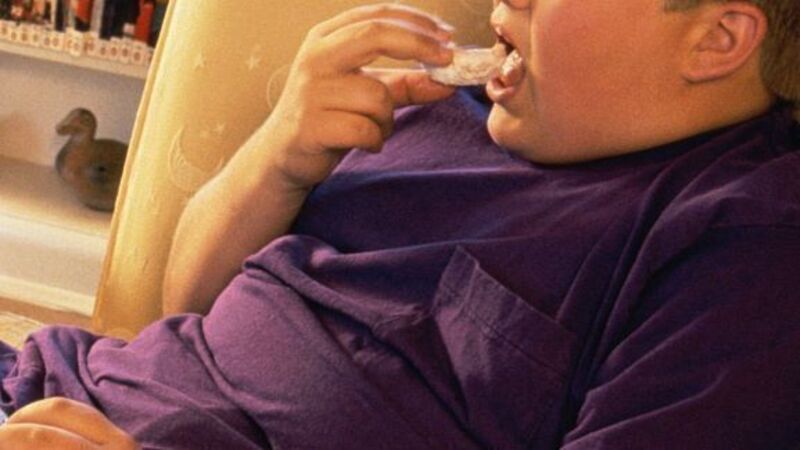Half of under-5s get treats like crisps and chocolate every day

Research by Safefood also found that 73% of parents did not consider products such as crisps, chocolates, and sweets given on a daily basis as treats.
Among children, those aged five and under were given the most treats, with 50% getting one at least once a day.













